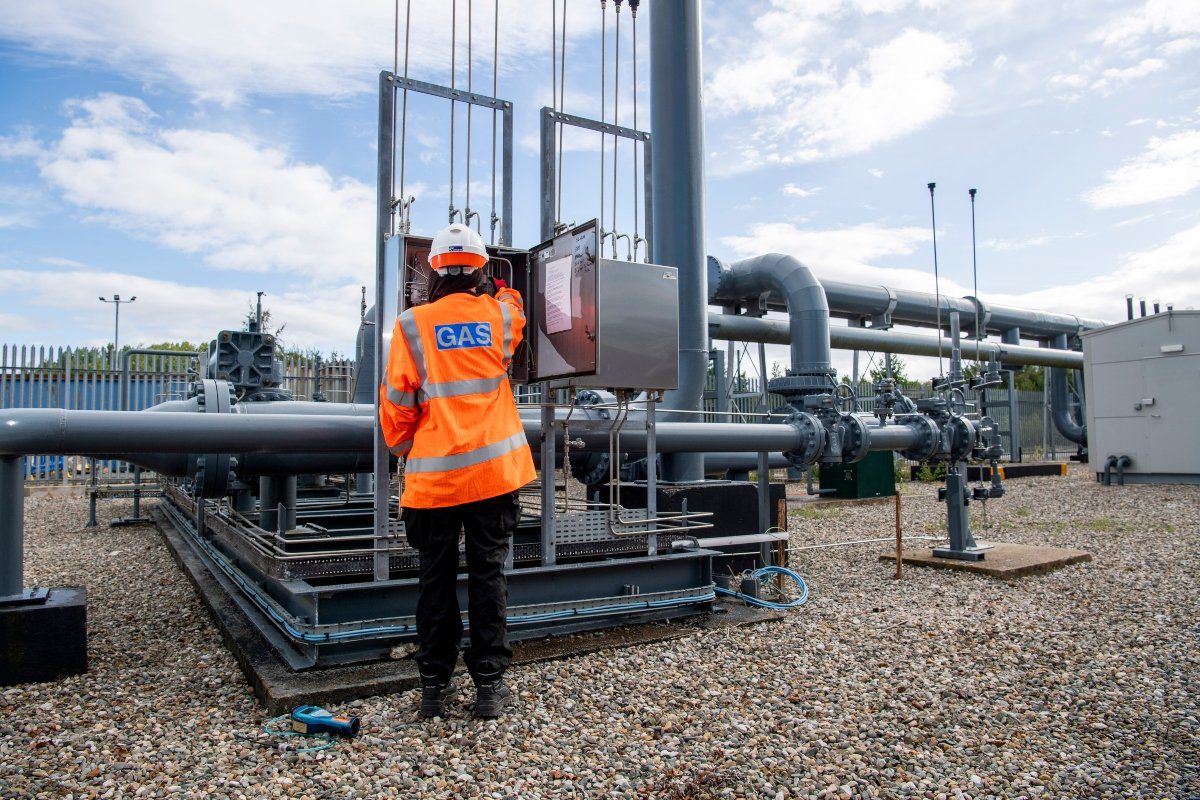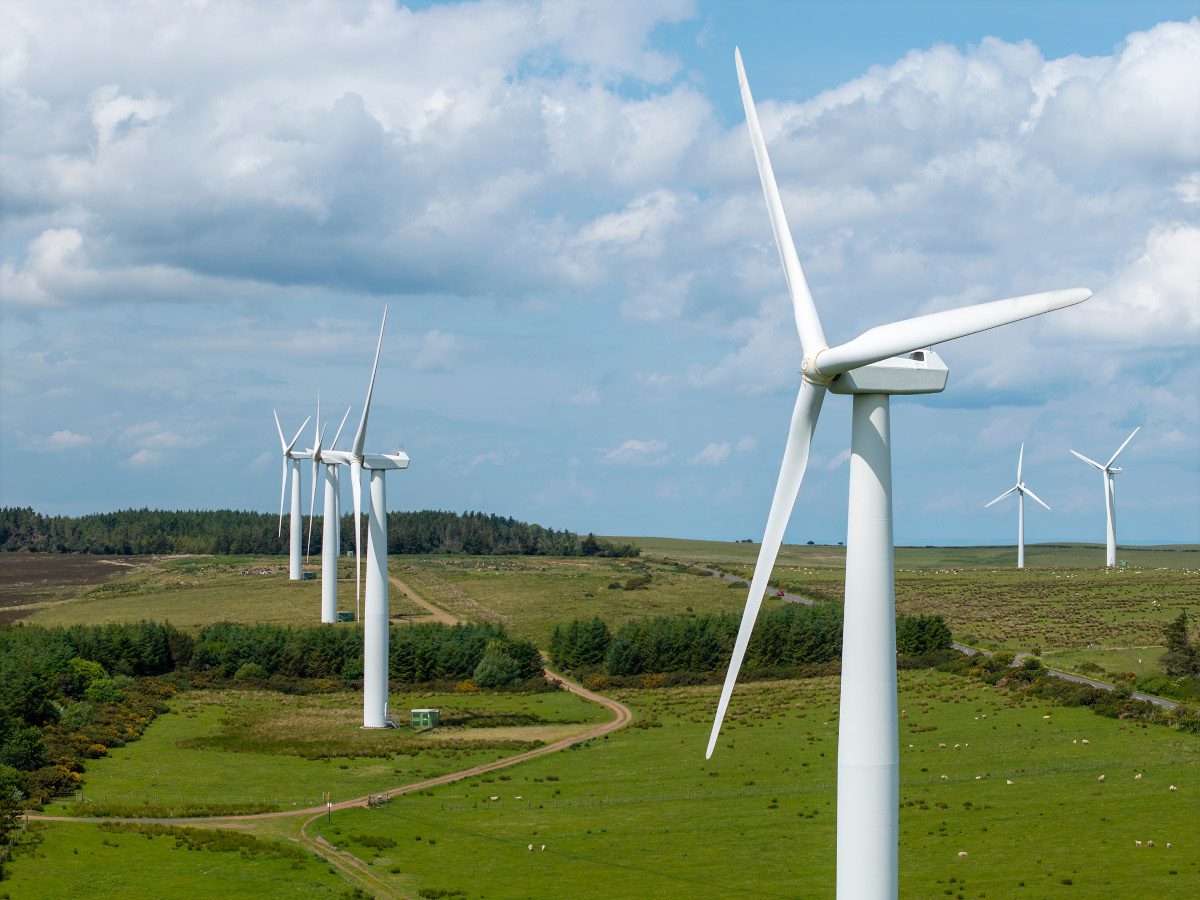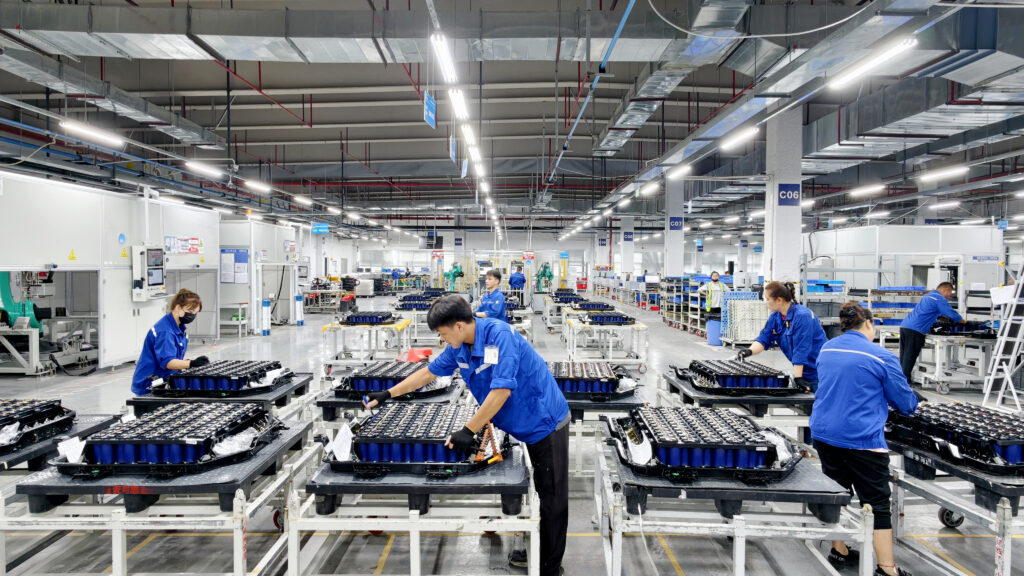A succession of fires in recent years has sharpened people’s awareness of the need to handle lithium-ion batteries correctly. It’s just one of many situations where the storage and handling of a material can’t be left to chance, as Envirotec discovered in conversation with Paul Smith of Emtez, an expert in the area.
“Every material that a company stores or handles will present its own set of moral, environmental, and legal obligations”, explains Paul, who describes his own firm as a specialist in the storage and handling, hauling and distribution of business-critical substances such as chemicals, oils, gases and lithium-ion batteries.
There are three strands to the undertaking: protecting the customer’s premises, ensuring that materials are stored as the manufacturer intended, and most importantly, keeping people safe.
Avoidance of the headline-grabbing calamity is obviously key. But there are mundane details to be grasped in handling, storing or disposing of anything competently, even stuff that seems benign or “safe”.
“People often come to us if they have materials in volume and need to store them”, he says.
A frequent starting point will be to consult the data sheets for the material or product in question, to see what the manufacturer recommends as the safe storage conditions – for example, whether they need to be kept within a specific temperature range.
Flammables include solvents used to clean surfaces in a food environment, or for cleaning steel surfaces that are to be cut with a CNC machine. In his experience most people are not aware of the guidelines and directives that cover correct handling and storage of these materials. A relevant set of guidelines is HSG51, issued by the Health and Safety Executive. A lengthy document, he says, but you need to understand it.
HSG51 specifies things like separation distances, when storing volumes of flammable liquid in containers. An IBC containing 1,000 litres of flammable liquid will need to be more than 1m away from a building or specified boundary, with this distance increasing with liquid volume (so that more than 4,000 litres requires a 4m distance, and 10,000 litres requires a 7m distance, and so on).
But keeping flammables in such large containers is another area where practicality (and legal guidelines) often dictates that the material be transferred into smaller containers, and this decanting operation itself is another point on which he suggests it might be wise to be fully apprised of the subtleties.
The legislation seems relatively stable and unchanging, but changing work practices and new types of material bring fresh challenges.
A firm such as a cake manufacturer will store materials such as solvents, for cleaning equipment surfaces. One thing that has been changing is the quantities of this kind of thing that are kept on site, with the Covid era bringing a move towards infrequent, bulk deliveries, as opposed to the regular (such as weekly) deliveries of the past.
Fireproofing formulas
With lithium-ion batteries, we’re only just becoming aware of the dangers of storing these items, he says. The slowness of many along this learning curve is attested by the number of fires. A lesson to be drawn from these incidents is that you really have to store these things correctly.
Rather than simply telling people they can’t bring their e-bike into work anymore, companies can provide safe repositories for storage. A lithium-ion battery can be taken out of the vehicle in question and placed in a fireproof box. This kind of thing might be a steel box in which inner and outer void areas are filled with fire-retardant material, and in which there is no opportunity for air to ingress (and so excluding any possibility of fire).
Such products and materials come with fire ratings such as “1 hour”, “2 hours” and so on, specifying the ability to withstand fire for a specific duration, and these are commonly used in building codes, safety regulations, and product specifications.
Various factors can compromise safety. People might be buying chargers off the internet, for example, which are loosely specified.
One emerging possibility is the use of telematics-like technology to communicate the status of batteries and their storage conditions to a central server, using low frequency wireless technology. This can be combined with the kind of software used in IoT applications, to support things like alarms systems, data visualization and predictive maintenance. This kind of precise monitoring can inform decisions like the need to install air-conditioning in an area where batteries are stored.
“Businesses need to take ownership of their own compliance”, he says, explaining that Emtez is geared towards guiding people on that journey.
Spill containment is another strand of the company’s expertise, and Emtez provides things like booms, bunds and small barriers, as well as advising on their appropriate use.
Companies need to have a strategy in place to avoid drips, leaks and spills. Even when it comes to relatively innocuous materials. He gives the example of ionised water, sometimes used to polish surfaces that have been painted to a high finish level, to avoid any appearance of smearing. The water will acquire paint fragments, and even though these are very low concentrations, they need to be collected for proper disposal.
Having a strategy in place to deal with spills is also an aspect of ISO14001, and Emtez helps firms secure that accreditation. Keeping insurers happy is another priority that seems to be growing in importance, and where compliance with industry guidelines can’t be overlooked.

















